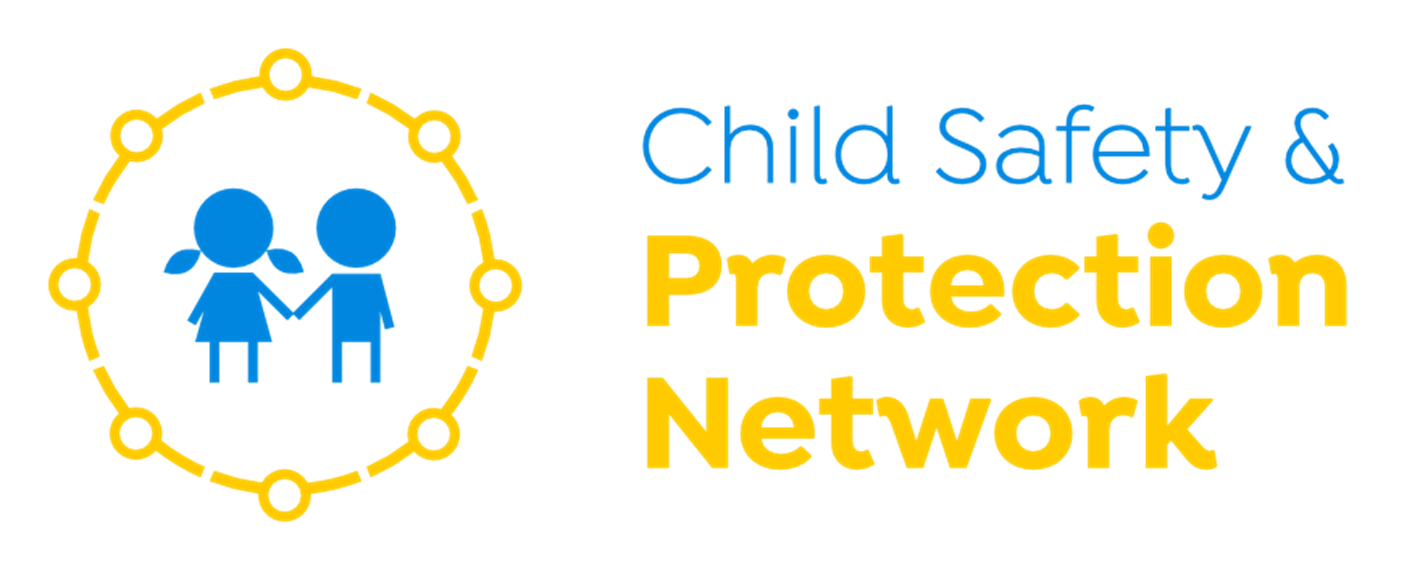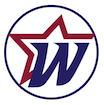Ancient World to the Age of Discovery
Philosophy
God created many people with different cultures, languages and religions. Paul exhorts us to be all things to all people; Social Studies give students a chance to learn about “all people”. Learning about the history of man trains students to understand their own and other cultures better. There are good examples to inspire and mistakes to learn from.
Also, in exploring the religions, values, and beliefs of other cultures, students will be better understand the need for a savior in a fallen world, and how to relate Jesus to people of other cultures.
Students will develop their ability to understand, analyse and evaluate evidence, thus growing in discernment.
Course Objectives
On this history course, students will learn about Pre History Times, The Development of Civilization, The Rise and Fall of Empires as well as The Development of The World as a whole. Major events in this long time line are carefully linked with one another creating a unified clear picture of the ancient past. This process culminates in he discussion of the Renaissance and how it effected the age of discovery. While the effects of the age of discovery are already part of the modern history course, the discussion about age of discovery itself marks the end of the ancient world history course.
Students will learn how ancient civilisation has contributed to our world today, e.g. Athenian democracy (ESLR: SCW). They will learn to appreciate and understand different cultural values to their own (ESLR: SCW; RUC). Students will analyse causes and effects of events in world history as well as studying the impact of important individuals (ESLR: ET). Students will begin to develop the skills required to write extended arguments explaining the cause or effect of events such as revolution and war (ESLR: NLL; ET; DC). Students will learn how to undertake independent research using the internet and school library to prepare and present detailed, in-depth presentations about a character, place or event of interest to them in the wider context of the historical events studied (ESLR: DC; NLL). Students will learn to evaluate primary and secondary evidence and will begin to produce balanced arguments based on that evidence (ESLR: ET; DLL). Students will learn to consider and debate the worth and legitimacy of political systems in light of the Bible (ESLR: RUC; DC) and to trace the hand of God in His story of the world (RUC).
Textbook
History of the World by Little, Perry, Scholl, David, Harris, Von Lave (Houghton Mifflin)
Materials
Textbook supplemented by a range of primary and secondary historical evidence gleaned from the school library and from the internet. Sources include archaeological, literary and artistic evidence.
Time Allotment
50 minutes per day, 5 days of a week
Course Content
- The Rise of Civilization
- Classical Civilizations
- The Medieval World
- Asian, African, and American Civilizations
- Renaissance and transition to Modern Times
Evaluation
Class participation – 10%
Classwork and homework – 40%
Tests – 50%




